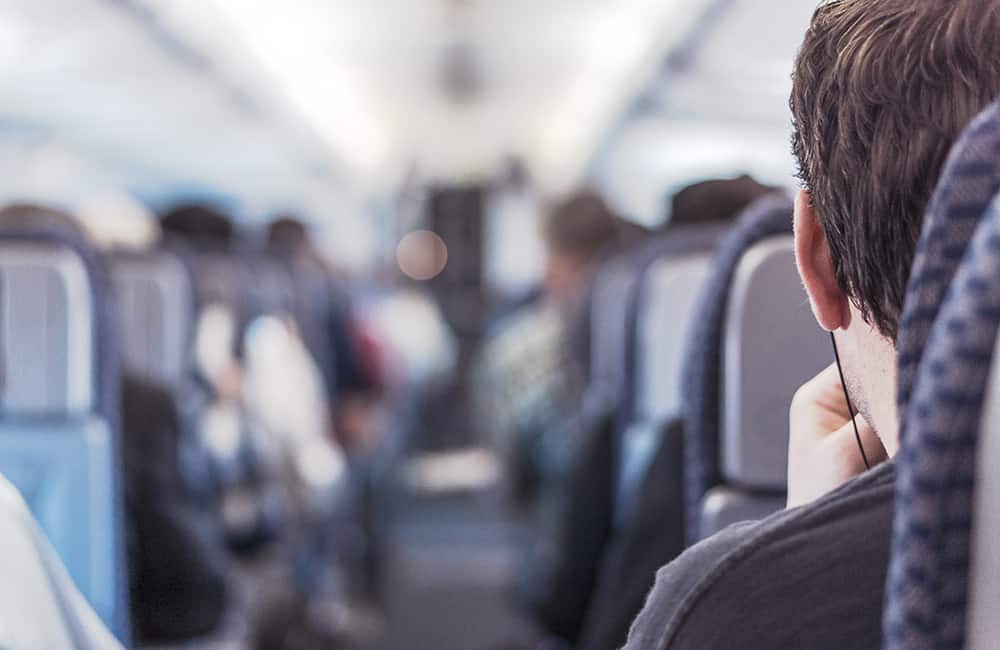
How does the Department of Homeland Security’s newly enacted laptop ban affect your attendees? We asked Matthew Bradley, regional security director, Americas, for International SOS and Control Risks.
“The laptop ban is likely to be in place for some time—months, rather than days or weeks, with specifics continuing to evolve in the future,” he said. The U.S. and U.K. have intelligence-sharing relationships with numerous countries. For example, Canada has already announced it has received information from the U.S. and is analyzing it for potential action, and European governments are almost certainly undertaking a similar review.”
Here are a few answers that will help meeting planners navigate the ban:
Is this related to the U.S. Executive Order banning some travelers from Iran, Libya, Syria, Sudan, Somalia and Yemen? The U.S. and U.K. stated there is no connection between this restriction and the EO. Both governments are said to have intelligence indicating that terrorist organizations are actively attempting to smuggle bombs onto aircraft disguised as large electronics. Although neither government will disclose information about a specific threat, they cite an incident in Somalia last year where terrorist group al Shabab attempted to take down an airliner using a laptop bomb. The bomb blew a hole in the aircraft, but the plane was at such a low altitude the pilot was able to land safely. The measure is similar to one enacted in 2014 that resulted in some airports requiring passengers to turn on electronics to prove they were not dummy devices.
What scale of disruption can be expected? It will no doubt cause inconvenience—delays at security possibly, particularly in the short term as travelers may not be aware of the new restrictions, and in case people turn up at U.S. ports of entry with restricted devices.
Is this likely to deter business travel to and from Middle Eastern destinations?
There’s no real reason why it should, but that doesn’t necessary take individuals’ reaction into account. If a business traveler feels they absolutely cannot be on a flight without their laptop or iPad, they might consider re-routing from an unaffected airport on the way to the U.K. or U.S.; but this could also potentially lengthen a journey and result in wasted business hours.
What should we tell our attendees? We’re advising clients to make sure attendees traveling from the affected airports are aware of the new regulations so that they arrive at the airport with electronic equipment appropriately stored in hold luggage. Also, allow additional time for check in at the affected airports of origin as the new restrictions may cause delays at security.





